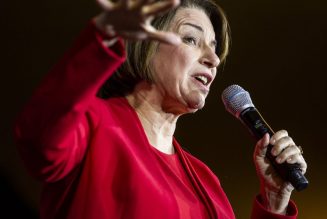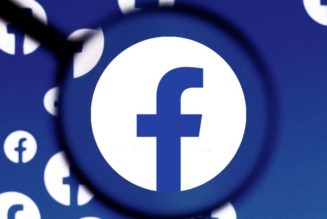
Snap CEO Evan Spiegel told employees that it would keep its diversity numbers private because they might perpetuate the belief that Silicon Valley companies aren’t diverse, Business Insider reported. Spiegel made the comments at a company all-hands meeting earlier this week, where he said Snap’s diversity is close to other tech firms, which skew largely white and male, according to BI.
A Snap spokesperson disputed BI’s interpretation of Spiegel’s comments, made during a Q&A portion of the all-hands meeting. But a partial transcript of the Q&A that Snap provided to The Verge appears to confirm that Spiegel has concerns about publicly releasing the figures and how the metrics would make the company, and the industry at large, appear.
During an interview with CNBC on Thursday, Spiegel said, “Snapchat looks like most other technology companies in terms of representation,” adding he thought that was a bad thing. “We’ve been worried that all these disclosures have actually normalized the current composition of the tech workforce,” Spiegel said, adding that the company chose to release the figures internally as a motivation for improvement, putting focus on long-term improvement instead of short-term competition.
“I’ve been a little worried that some of these disclosures normalize the current state of the tech industry but we’re actually inventing a new way right now to release that information and also make it clear about the plans we have to include representation at Snap and more broadly, in the industry,” he told CNBC. Snap has been one of the few Silicon Valley companies to never release a diversity report.
Spiegel sent a message to employees, later posted online, on June 1st calling for a national “Commission on Truth, Reconciliation, and Reparations,” while also condemning racial violence. Earlier this month, the company said it would not promote President Trump’s account on its Discover tab, saying in a statement, “We will not amplify voices who incite racial violence and injustice by giving them free promotion on Discover,” after the president’s tweets about protests against police violence led Twitter to flag some of his tweets for “glorifying violence.”










